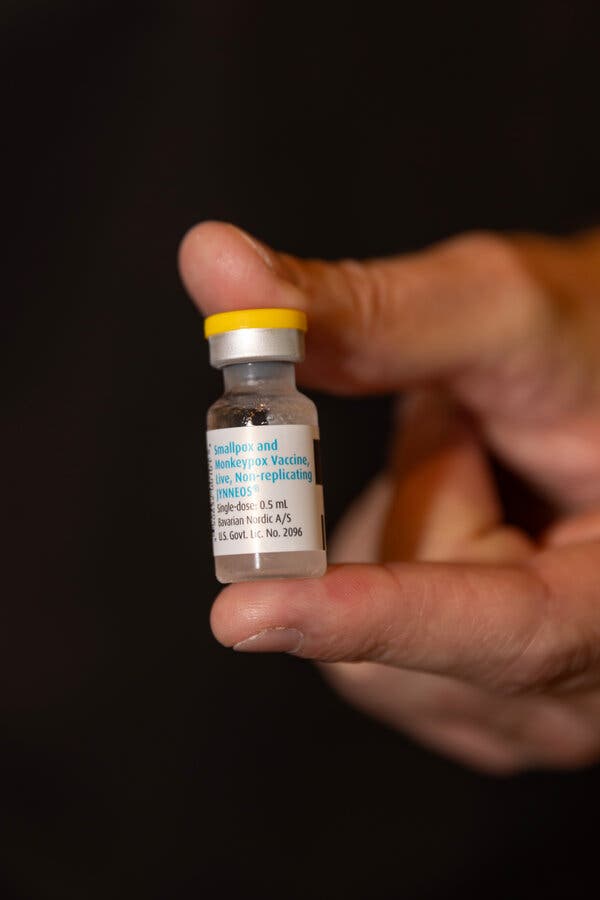A more virulent strain of mpox has been detected in three residents of California, marking the first instance of this severe variant spreading within the United States. Health officials reported on Friday that the strain, known as Clade 1, has previously circulated widely in central and eastern Africa, resulting in tens of thousands of infections and hundreds of fatalities. In contrast, the Clade 2 strain, which caused a significant outbreak in the U.S. in 2022 and sickened approximately 30,000 individuals, is associated with less severe illness.
The three patients, one from Long Beach and two from Los Angeles, were hospitalized but are now recovering at home in isolation. Officials have yet to establish a connection among the cases. Long Beach health authorities announced the first case earlier this week, highlighting the urgency of the situation.
Rising Concerns Over Community Spread
Dr. Kelly Johnson, an infectious disease specialist at the University of California, San Francisco, emphasized the need for vigilance. She noted that while the overall risk of infection remains low for most individuals, specific groups, particularly those with weakened immune systems and men who have sex with men, should take extra precautions. “My concern is that person-to-person, community spread could be ongoing,” Dr. Johnson stated.
Both mpox clades can be transmitted through intimate contact, within households, or through sharing personal items. Symptoms typically begin with flu-like indications, followed by a rash and painful lesions.
Despite the emergence of Clade 1, Clade 2 continues to circulate in the U.S. at lower levels. As of now, health officials in Los Angeles have reported a total of 118 cases of mpox this year, a significant increase compared to none recorded in 2024.
The situation serves as a reminder for public health officials and communities to remain alert as they monitor the spread of mpox and its variants. Health authorities are working diligently to investigate the origins of the recent cases and to implement measures aimed at preventing further transmission.





































































